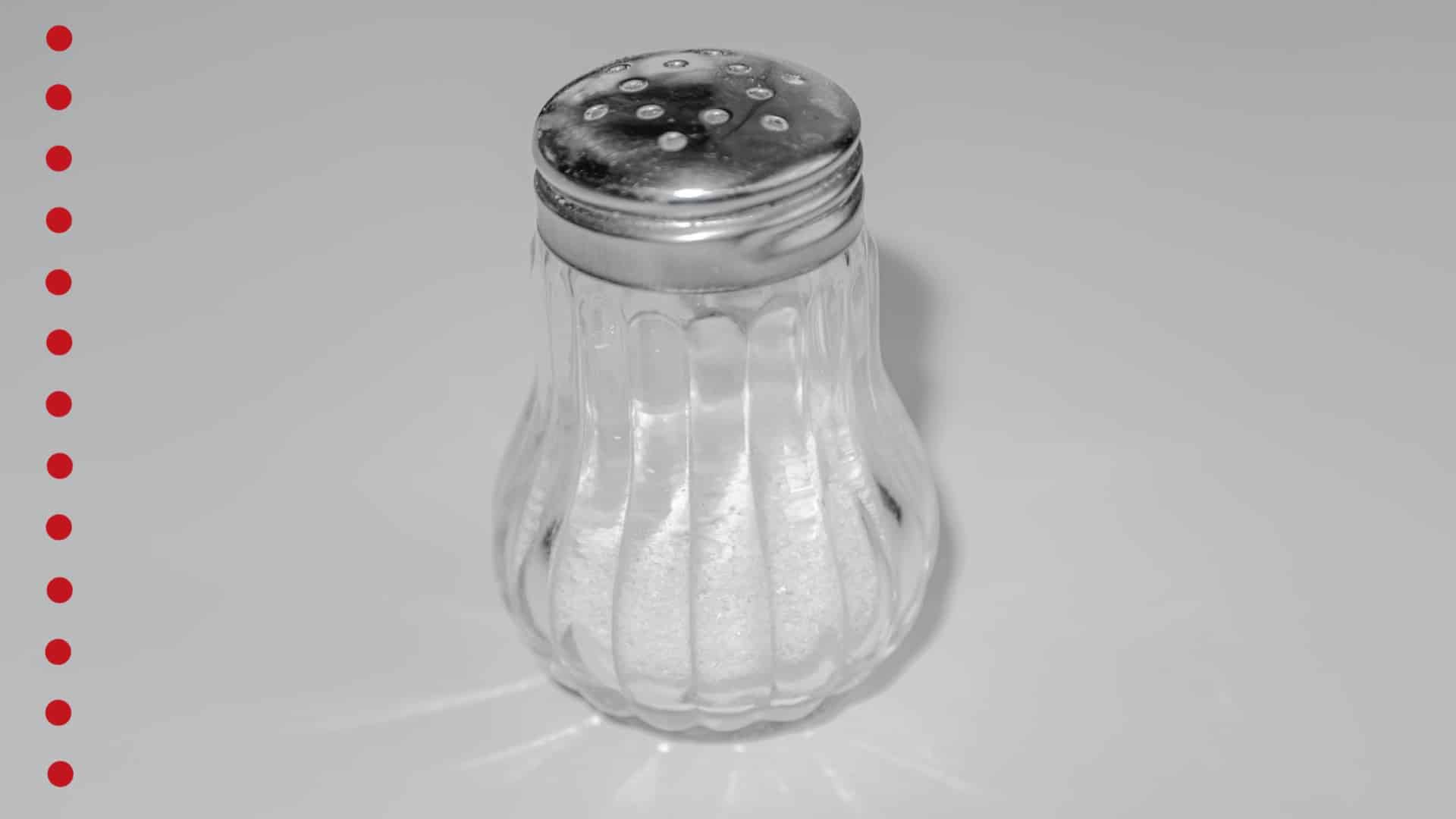What is sodium deficiency?
Hyponatremia, or low sodium levels, is when the concentration of sodium in your blood is abnormally low. An average blood sodium level is between 135 and 145 milliequivalents per liter (mEq/L). Hyponatremia occurs when the sodium in your blood falls below 135 mEq/L.
Hyponatremia can be caused by an underlying medical condition, or by simply drinking too much water, and it causes the sodium in your body to become diluted. When this happens, your body’s water levels rise, and your cells swell. This swelling can cause many health problems, from mild to life-threatening.
Sodium Deficiency Symptoms
- Nausea
- Vomiting
- Headaches
- Confusion
- Fatigue
- Restlessness
- Irritability
- Muscle weakness
- Muscle spasms
- Muscle cramps
What causes a sodium deficiency?
- Certain medications like diuretics, antidepressants, and pain medications
- Heart, kidney, and liver problems
- Syndrome of inappropriate anti-diuretic hormone (SIADH)
- Chronic dehydration
- Severe vomiting or diarrhea
- Drinking too much water, particularly during endurance activities
- Hormonal changes such as adrenal gland insufficiency
Further reading: Mayo Clinic
